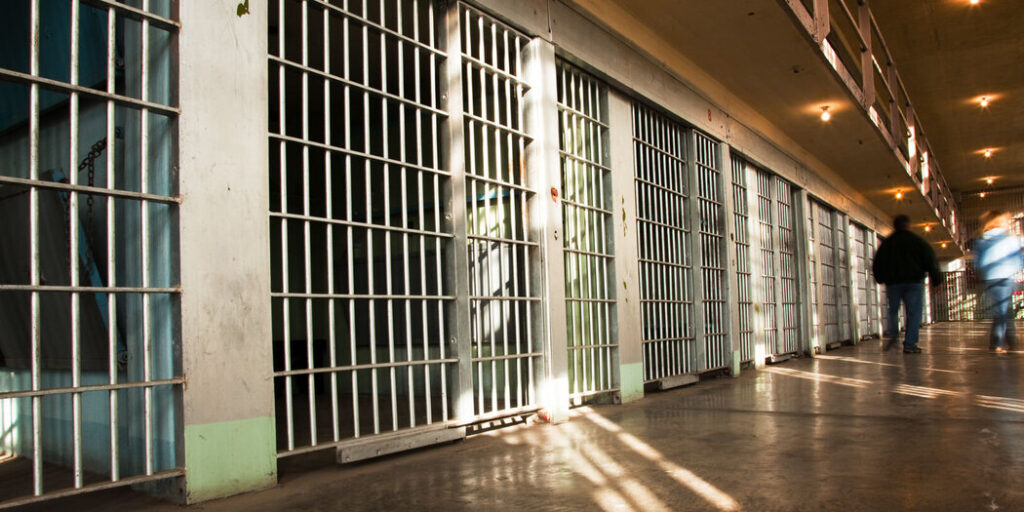Trump Administration Reverses Biden’s Private Prison Policy
On Monday, President Trump reversed a key criminal justice policy from the Biden administration, thereby allowing an increased use of private prisons for federal custody. This shift undoes one of President Biden’s initial executive orders, which directed the Justice Department to cease renewing contracts with private prison operators. Trump’s reversal of Executive Order 14006 is part of broader efforts to roll back Biden-era policies that eliminated Justice Department contracts with privately operated detention facilities.
Industry leaders, such as GEO Group and CoreCivic, had anticipated this move. During an investor call shortly after the 2024 election, GEO Group’s executive chairman, George Zoley, remarked, “We kind of get the sense of President-elect Trump’s remarks that he will reverse all of the Biden executive orders on Day One.” Adding to this friendly stance towards the industry, Trump’s nominee for attorney general, Pam Bondi, has a history of lobbying for GEO Group.
The policy reversal impacts contracts with the Bureau of Prisons, which oversees the incarceration of over 150,000 individuals. Private prisons became part of the bureau’s framework in the 1980s to accommodate specialized populations and undocumented individuals in federal custody. At the outset of Biden’s presidency, approximately 14,000 inmates were housed in private facilities. Biden’s executive order prompted the bureau to terminate these contracts and relocate prisoners to government-run facilities.
The Trump administration’s decision also affects the U.S. Marshals Service, which will now maintain and potentially expand its reliance on private prison contracts. Despite Biden’s directive, the Marshals Service has continued utilizing private detention facilities for the over 60,000 individuals in its custody, citing logistical concerns about court proximity and transportation costs.
This reversal does not affect the federal government’s contracts for immigrant detention centers operated by U.S. Immigration and Customs Enforcement (ICE), an arm of the Department of Homeland Security. During the Obama administration, there was a call for reviewing these contracts, although no directive to cease them was ever issued. As of mid-2023, over 90 percent of immigrant detainees were housed in privately managed facilities, with nearly 40,000 people in custody.
CoreCivic and GEO Group’s primary federal contracts involve ICE, which remains unaffected by the policy change. In 2023, ICE contracts represented 30 percent of CoreCivic’s revenue and 43 percent of GEO Group’s income, highlighting the significant impact of federal detention contracts on these companies. Additionally, state and local government contracts with private prison companies remain a substantial source of revenue.
Looking forward, the Bureau of Prisons may consider reallocating inmates back to private facilities. The Marshals Service, having faced challenges in reducing its private prison contracts, is likely to renew such agreements. Furthermore, President Trump’s pledge for extensive deportations hints at potential growth in ICE contracts, especially concerning the detention and transportation of undocumented individuals.





